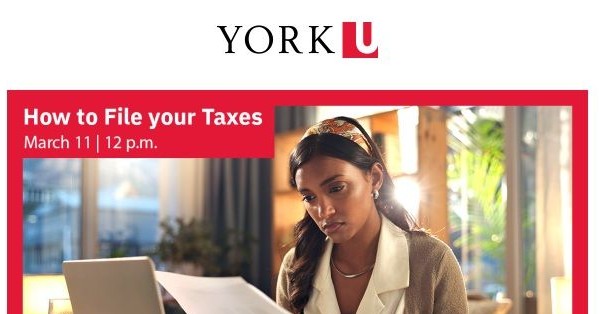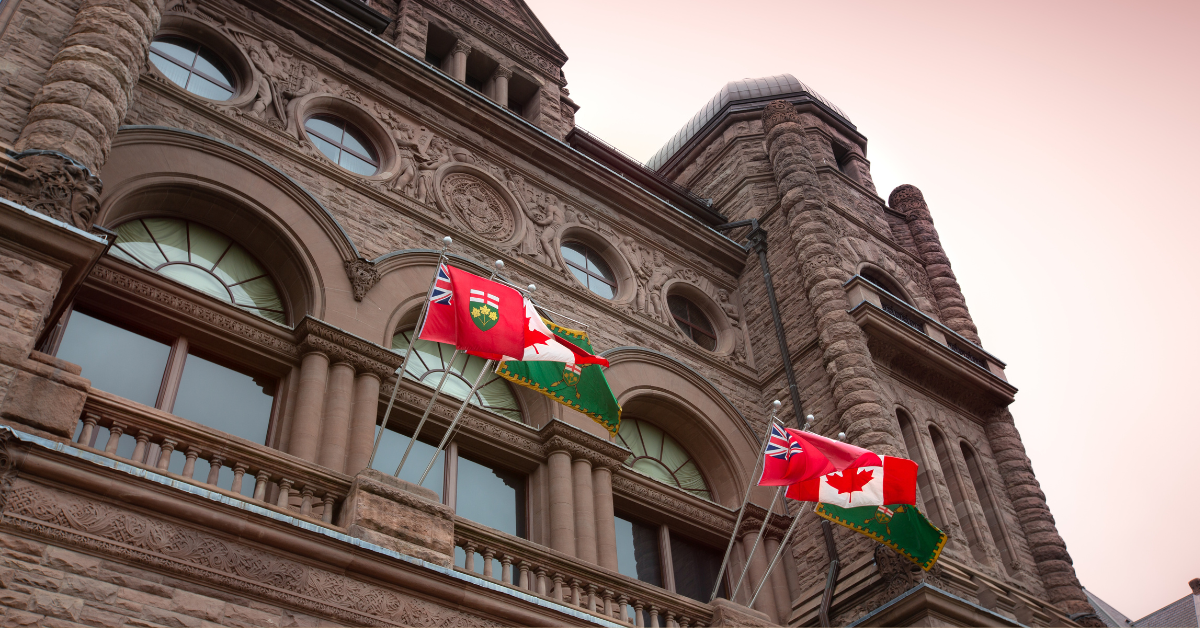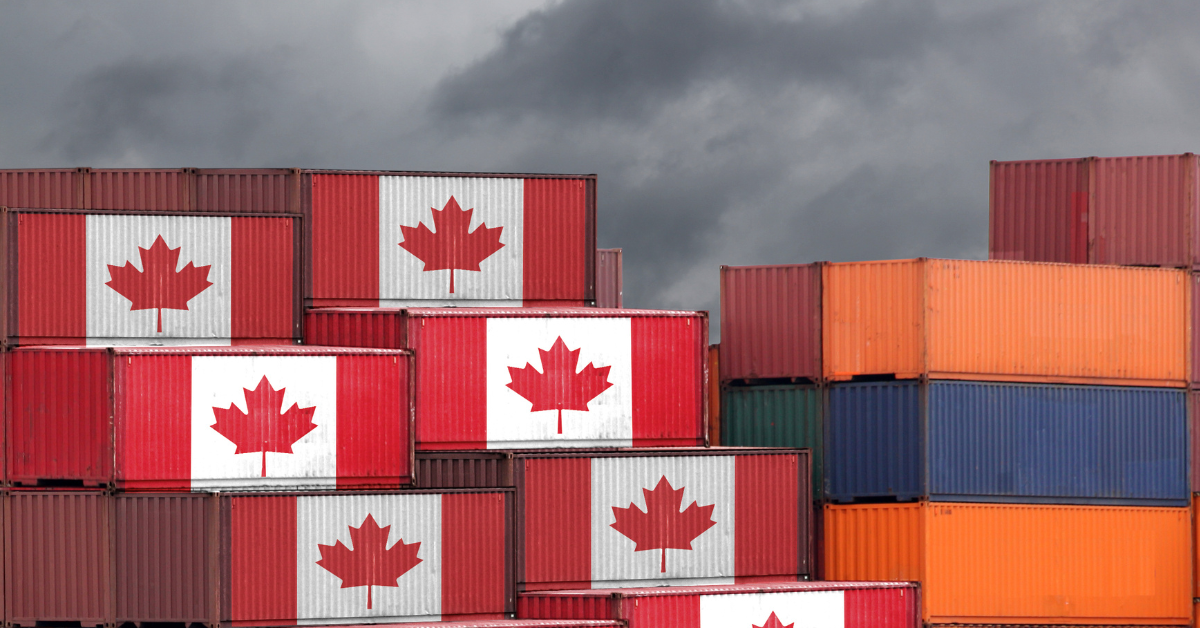Over the past year, the Canada Revenue Agency (“CRA”) has been conducting limited desk audits of specific expenses claimed on corporate income tax returns. CRA officials have indicated that this is the beginning of a new CRA verification program. The first category selected for examination has been Professional Fees. Many business owners have already received CRA Audit letters in this regard (see Appendix A for an example). Taxation years subject to this review can include up to the last 3 fiscal years, or any fiscal years that have not been statute barred, i.e. any fiscal year that has its original assessment within the last 3 years. We anticipate that CRA will continue and expand its desk review program namely to include the review of both travel and advertising/promotion expenses which they may view as possibly more contentious taxpayer deductions. How This Impacts Your Business CRA desk audits generally are selected at random; therefore, your corporation could receive a letter requesting documentation for specific expenses claimed in a certain taxation year. A response to CRA’s letter should be made within the indicated timeframe (typically 30 days). An extension may be requested if necessary. Failure to respond with the requested information within the allocated timeframe will normally result in reassessment and denial of the expenses. In addition, further CRA audit activity of your corporation becomes more probable.
How You Can Prepare Ensure copies of all invoices and receipts are retained on file, and maintain proof of payment for any expenses you claim in your business. It is important to note that the CRA will typically NOT accept a credit card statement as the sole document supporting the deductibility of a particular expense. The backup receipt or invoice is normally expected. It is also important to confirm that no personal expenses are deducted in the corporation and are properly allocated to the shareholder loan/draw account. If you own multiple corporations, ensure that the expenses claimed relate to that specific company, and not a related corporation. For business expenses that CRA may construe as a personal expense, additional documentation should be retained to support the business income earning purpose of the particular expense. For instance, for business related travel to a convention held in Las Vegas, CRA may require a copy of the convention itinerary as part of the additional documentation required to satisfy itself that the expenditures were not personal. The receipt for the hotel and airline in and amongst itself may not be sufficient. Any expenses that cannot be verified by a third party invoice, proof of payment and possibly additional documentation, may be denied. Additionally, any non-business related expenses that are not deductible for tax purposes may be denied, and reassessed. Finally, if there are one or more denied expenses that lack any justification as business related and the CRA auditor is of the view that you should have known better, gross negligence penalties may be assessed. Gross negligence penalties are equal to 50% of the tax otherwise payable. The legislative intention of such penalties is to discourage what may be perceived by CRA as risk taking behaviour by taxpayers concerning their tax filing positions. If you are contacted by CRA (either desk review or regular audit), please contact us for our assistance and advice. Yours truly, Bateman MacKay LLP




